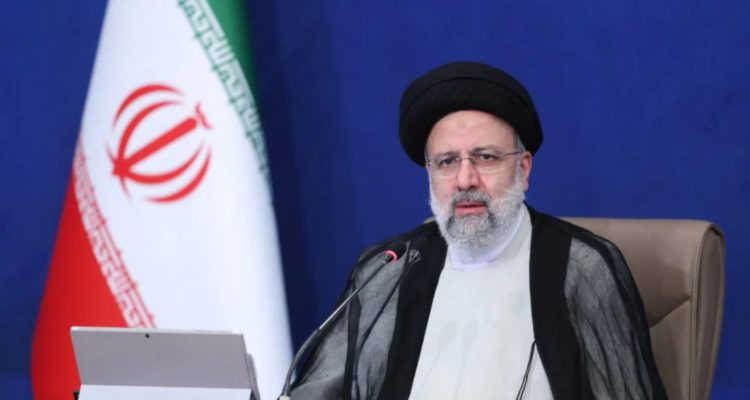This was the week that the optimistic case for restoring the 2015 Iran nuclear deal died. Like so many other innocents, it died at the hands of Ebrahim Raisi, the hanging judge hand-picked by Iran’s Supreme Leader to guide the Islamic Republic through the Biden years.
For Iran optimists, the goal of the Joint Comprehensive Plan of Action was not only the normalisation of US-Iranian relations but the normalisation of Iran. Ending sanctions and restoring economic relations between the Islamic Republic and the rest of the world would reduce the influence of hardliners over the Iranian economy. Ending Iran’s political isolation would undermine the radicals’ argument that unrelenting foreign hostility justifies harsh crackdowns at home. All this would open a political window for moderates, who would increasingly soften the regime’s harsh policies at home and end its confrontation with neighbours. A non-nuclear Iran would become a stable, democratic force in the Middle East, optimists believed.
But Supreme Leader Ali Khamenei has no intention of ending up like Mikhail Gorbachev. By ruthlessly engineering the election of a hardliner’s hardliner to the presidency, Khamenei has slammed the door on normalisation and nailed it shut.
That’s only one of the problems afflicting the JCPOA. Instead of welcoming the Biden administration’s eagerness to return to Barack Obama’s Iran policy, Tehran has turned up its nose at American attempts to chart a course back to mutual compliance with the terms of the deal.
Read the article by Walter Russell Mead in The Australian.

